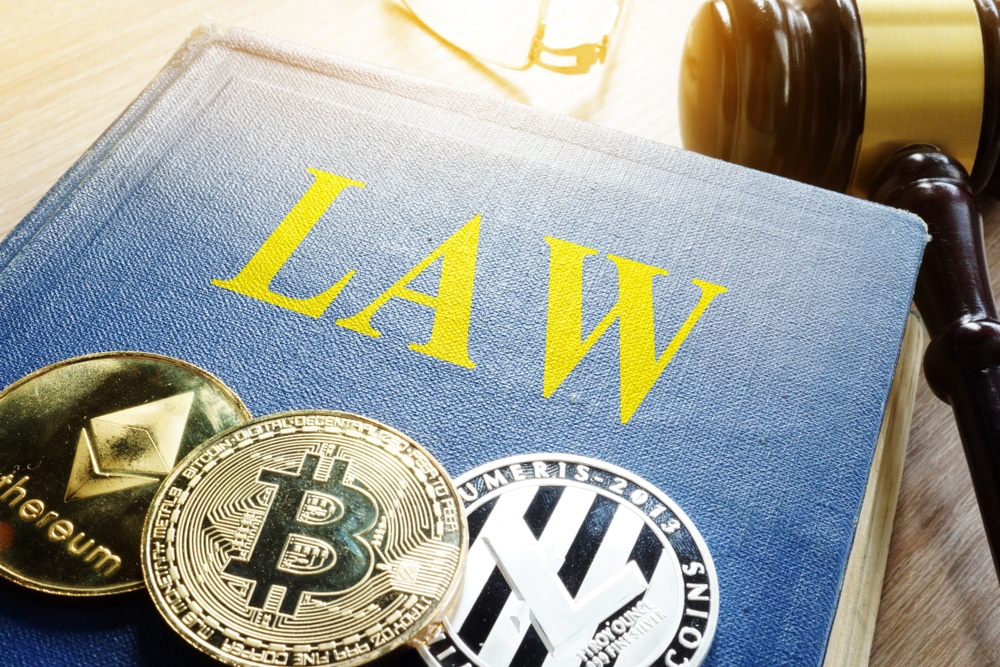PayPal (PYPL), a leading global payments giant, has recently come under regulatory scrutiny as it revealed that it has received a subpoena from the U.S. Securities and Exchange Commission (SEC) regarding its USD stablecoin, PayPal USD (PYUSD). The subpoena has stirred conversations within the financial and cryptocurrency sectors, highlighting growing concerns about stablecoins and their regulatory oversight.
PayPal’s Stakes in the Stablecoin Space
PayPal made its debut in the stablecoin market in August when it launched PayPal USD (PYUSD). The stablecoin’s introduction marked a significant milestone for the company and the broader financial industry. With the prevalence of cryptocurrencies and the growing popularity of stablecoins, PayPal’s entry into the market was seen as a strategic move to remain at the forefront of digital payments innovation.
However, this move hasn’t been without controversy. PayPal’s entry into the stablecoin space served as a stark reminder of the ill-fated Libra stablecoin, formerly championed by Facebook and now a project under the auspices of Meta Platforms (META). The Libra project, which aimed to create a global digital currency, faced significant regulatory pushback and ultimately underwent a significant transformation before reemerging as Diem. In the case of PayPal, U.S. regulators have been wary of the rapid expansion of stablecoins tied to major tech platforms, citing potential threats to the stability of the U.S. financial system.
A Subpoena Raises Questions
In a recent disclosure, PayPal stated that it received a subpoena from the U.S. SEC Division of Enforcement on November 1, 2023. The subpoena specifically requested the production of documents related to PayPal’s USD stablecoin, PYUSD. While the company acknowledged the request, it provided minimal details regarding the specific nature of the documents or the SEC’s concerns.
PayPal’s statement on the matter emphasized its willingness to cooperate with the SEC’s request for documentation. This collaborative approach is indicative of the company’s commitment to transparency and adherence to regulatory requirements, a stance that has become increasingly crucial in the cryptocurrency space.
Congressional Debate Over Stablecoin Regulation
The arrival of PayPal’s stablecoin PYUSD has significantly intensified the ongoing debate within Congress regarding cryptocurrency legislation. Some members of Congress, including Rep. Maxine Waters, the ranking Democrat on the House Financial Services Committee, have voiced concerns that proposed stablecoin legislation could inadvertently empower major tech companies in the crypto industry. PayPal’s foray into the stablecoin arena serves as a real-world example that validates these concerns.
The introduction of a stablecoin by a financial services giant has the potential to reshape the digital payments landscape and grant the company a considerable presence in the cryptocurrency space. This possibility has raised questions about the separation of traditional financial services from the emerging crypto sector.
Circle’s Intervention in the SEC’s Case Against Binance
The regulatory landscape for cryptocurrencies and stablecoins has been further complicated by the intervention of stablecoin issuer Circle in the SEC’s case against Binance. Circle has argued that traditional financial trading laws and regulations should not be applied to stablecoins, emphasizing the fact that stablecoins are typically backed by other assets.
Circle’s intervention highlights the multifaceted nature of the regulatory challenges facing the cryptocurrency industry. As different stakeholders engage in legal battles and advocate for varying levels of oversight, the cryptocurrency market remains in a state of flux.
PayPal’s Expanding Crypto Ecosystem
PayPal’s PYUSD is an Ethereum-based token that was initially offered to the company’s online payments customers. Subsequently, it was integrated into the popular Venmo app, expanding its reach to a wider user base. PayPal’s journey into the world of cryptocurrencies began in 2020 when the company allowed its users to buy and sell various digital assets.
Since April 2021, this service has been extended to Venmo users, facilitating the purchase and sale of cryptocurrencies. In 2022, PayPal took another significant step by allowing users to transfer their crypto holdings to third-party wallets, promoting greater autonomy for cryptocurrency users. This feature was also rolled out to Venmo users in April 2023, further solidifying PayPal’s position in the cryptocurrency ecosystem.
The Broader Implications
The SEC’s subpoena of PayPal underscores the evolving regulatory landscape surrounding cryptocurrencies and stablecoins. Regulators are increasingly focusing their attention on these digital assets, seeking to ensure transparency, security, and consumer protection.
The outcome of this regulatory scrutiny could have far-reaching implications for the cryptocurrency industry as a whole. It may set the precedent for how other major financial institutions and tech companies approach their forays into the world of digital currencies and blockchain technology. Furthermore, the debate in Congress over stablecoin regulation is likely to gain momentum as lawmakers grapple with the complex challenges posed by the ever-expanding crypto sector.

